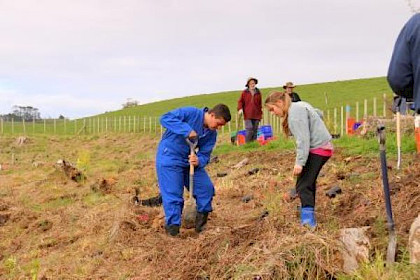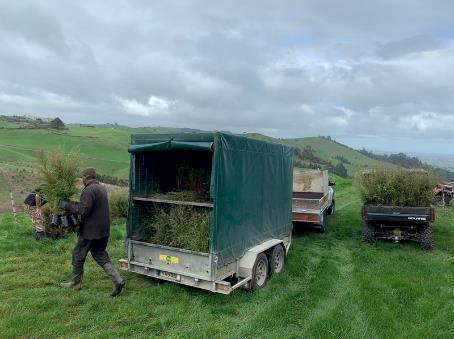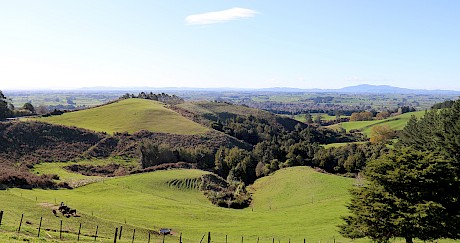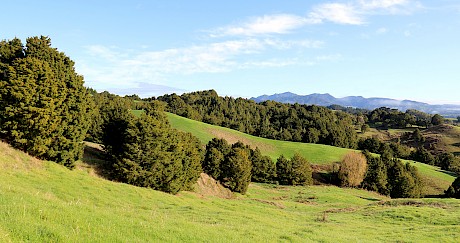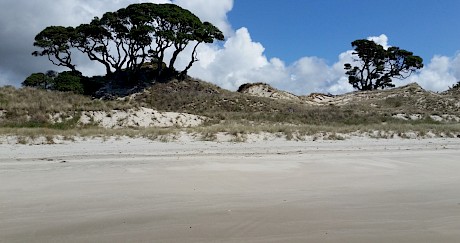Managing delays in planting natives due to Covid-19Project Status: Completed
Introduction
With the nationwide COVID-19 lockdown in early 2020 and subsequent partial lockdowns since then, there was concern that the planting of native trees and shrubs would be delayed. At the time of the March-April 2020 lockdown, millions of seedlings were in native plant nurseries ready for planting in the planting season (late autumn to early spring) that year. Te Uru Rākau commissioned TTT to undertake an analysis of the effects of lockdowns in 2020 on the propagation of seedlings from native plant nurseries and at planting sites.
The project reviewed existing information sources, carried out interviews of selected practitioners in the native plant nursery and planting sectors, and conducted online surveys of native plant nurseries and those planting natives.
Nursery survey 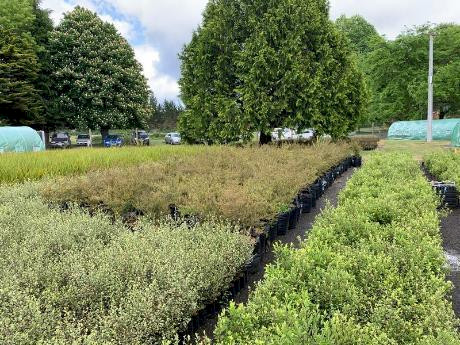
The COVID-19 lockdown in autumn 2020 coincided with the peak period of seed collection, one of the critical phases of nursery operations essential for raising stock for the following year. However, nursery operations would potentially be disrupted at any time of year as growing natives (or exotics) have a rigid sequence of essential requirements throughout the year.
Native plant nurseries consider more flexibility is required for continuing their operations during future lockdowns as these follow a largely rigid seasonal pattern of seed collection, seed preparation, sowing, potting on, hardening off and dispatch to the planting site. As with other farm or rural-based enterprises, nursery operations are largely outdoors where safe work bubbles can be set up for all operations.
Options to mitigate disruption of nursery propagation included:
- Topping to hold stock over for a few months but only practical for selected species such as shrub hardwood species.
- Repotting into larger containers to hold stock until the next planting season to avoid bound and distorted root systems but requires more labour and extra nursery facilities.
- Collecting and storing more seed to provide flexibility if disruptions occur, although seed viability reduces over time.
Larger grades of native seedlings such as those raised in PB3 planter bags may be more resilient to later planting compared to plugs or root trainers as a result of delays from COVID-19 disruptions but will take more space for transporting and will be heavier and larger for planters to handle at planting sites.
Planter survey
The effect of a disruption at the planting site depends on the time of the year, duration and severity of the requirements restricting activities. The COVID-19 lockdown in autumn interrupted site preparation just ahead of the main planting season resulting in later planting and potentially higher mortality during dry summer months.
Options for coping with delays in planting and extending the planting season included:
- Planting larger stock, which may be more resilient to delayed planting but takes more space for transporting and is heavier for handling at planting sites.
- Using plant protectors to reduce exposure and mulching to maintain soil moisture, either used singly or in combination. Both are expensive and labour-intensive to implement.
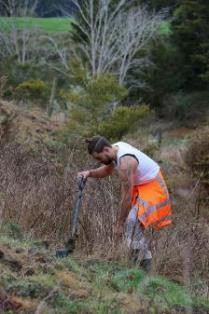
- Selecting hardier species to plant and avoiding problem planting sites.
Practical options for coping with a delay at the planting site included:
- Herbicide spraying of problem woody weeds that can invade delays at planting sites.
- Maintain grazing of pasture sites but requires fencing.
- Grassing bare sites to reduce invasion of exotic woody weeds, but this is an additional cost.
Conclusion
The major conclusion from the surveys is that COVID-19 had a small to moderate impact on nurseries both operationally and financially but had less effect on planters.
The question of whether propagation should be regarded as a permitted activity during COVID-19 type disruptions was raised, particularly by the nursery sector in the survey. Nurseries see themselves as an essential service working with a live product similar to the animal and food industries requiring ongoing management during periods of COVID-19 type disruptions.
Planters suggest more flexibility in allowing planting of natives to continue under a COVID-19 type lockdown as it is an outdoor activity, and social distancing and managing bubbles can be managed.

